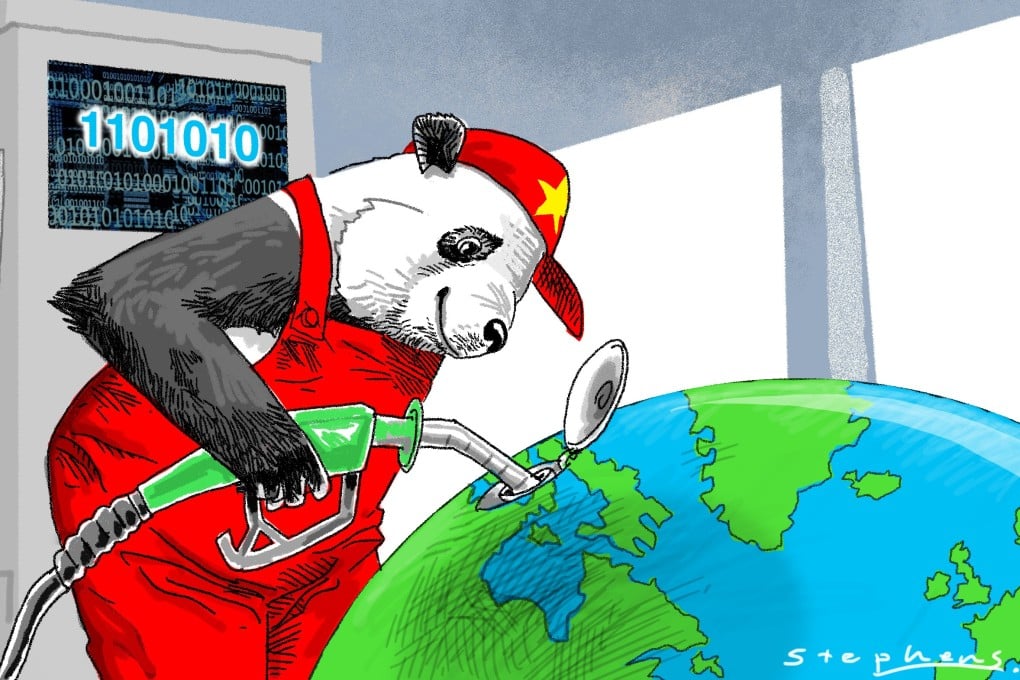Advertisement
Opinion | China knows artificial intelligence is rewriting the geopolitical rules, but the rest of the world looks unprepared
- Power is being redefined by data, leaving states unprepared for the global consequences of the AI revolution and individuals vulnerable to new techniques of control
Reading Time:4 minutes
Why you can trust SCMP

In October 2017, President Xi Jinping laid out a bold plan at the Communist Party’s 19th National Party Congress, citing artificial intelligence, big data and the internet as central technologies that would transform China into an advanced economy over the coming decades.
It was the crystallisation of an ambitious strategy, in part triggered by the collective trauma endured on May 27 of that year when the AI system AlphaGo triumphed over Chinese Go master Ke Jie.
As Kai-Fu Lee writes in AI Superpowers: China, Silicon Valley, and the New World Order, “If AlphaGo was China’s Sputnik moment, the government’s AI [p]lan was like President John F. Kennedy’s landmark speech calling for America to land a man on the moon.”
Advertisement
Beijing had now decisively upped the stakes: theirs was the pursuit of a new vision of the future, one in which China would strive to be the global leader in AI by 2030.
Lee, the CEO of venture-capital fund Sinovation, believes China will succeed thanks to an edge in the four factors that AI success hinges upon: brains, capital, regulation and data.
Advertisement
Advertisement
Select Voice
Select Speed
1.00x
